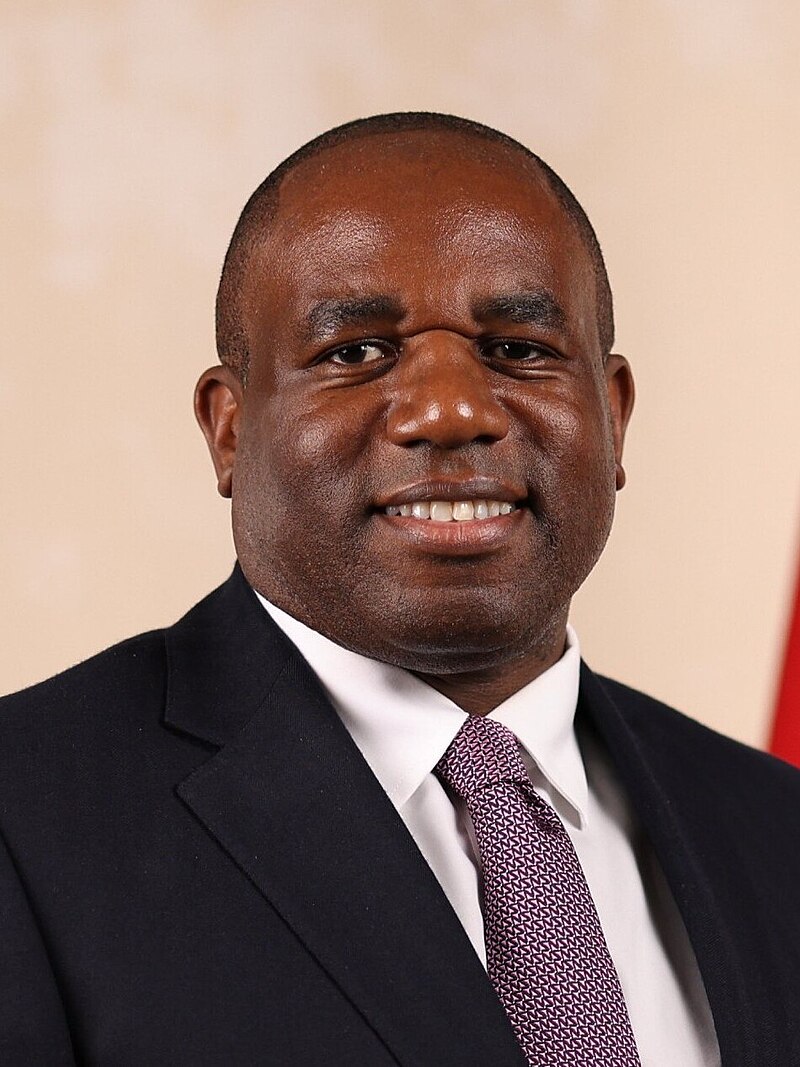
Introduction
David Lammy, the current Shadow Foreign Secretary, has emerged as a prominent figure in British politics, particularly within the Labour Party. His influence and advocacy on various issues, including foreign relations, social justice, and racial equality, have put him at the forefront of contemporary political discourse in the United Kingdom. Lammy’s recent engagements highlight his critical role in shaping not only domestic policy but also the UK’s stance on international matters, making him a significant character to watch in the coming years.
Current Role and Influence
As Shadow Foreign Secretary, Lammy has been vocal regarding the UK’s foreign policy under the current government. He has focused on critiquing the government’s approach to international relations, especially in light of the ongoing conflicts in regions like Ukraine and the Middle East. Recently, Lammy took part in the debate regarding the UK’s response to the humanitarian crisis in Gaza, urging the government to adopt a more proactive stance in advocating for peace and human rights. His comments reflect a broader concern about the implications of UK foreign policy on global stability and the ethical responsibilities of the government.
Advocacy and Social Justice Issues
Beyond foreign policy, Lammy is an ardent advocate for social justice issues. He has been instrumental in campaigning for reforms related to racial equality, education, and the criminal justice system. Following the aftermath of Black Lives Matter protests, Lammy was pivotal in initiating discussions within Parliament aimed at addressing systemic racism and promoting equality. His report on the impact of the Covid-19 pandemic on ethnic minorities has shed light on significant disparities, prompting widespread discussions about social support and government accountability.
Future Prospects
With the next general election on the horizon, Lammy’s political trajectory and influence are likely to expand. Many analysts believe that should the Labour Party regain power, Lammy could take on an even more significant role, potentially as a key member of the Cabinet. His ability to connect with various demographics, combined with his articulate defense of progressive ideals, positions him as a spokesperson for a new generation of voters seeking change in the political landscape.
Conclusion
David Lammy’s contributions to UK politics cannot be understated. His advocacy for fundamental changes in foreign policy, social justice, and equality underscores a commitment to improving the lives of citizens. As the political environment continues to evolve, Lammy’s prominence in the Labour Party and his influence on national discourse suggest he will remain a significant figure in shaping the future of the UK. For readers, keeping an eye on Lammy’s activities could provide insight into the future direction of UK policies and social justice initiatives.
You may also like

Boris Johnson: A Look at His Current Political Landscape

The Rise of Gen Z: Characteristics and Influence on Society
